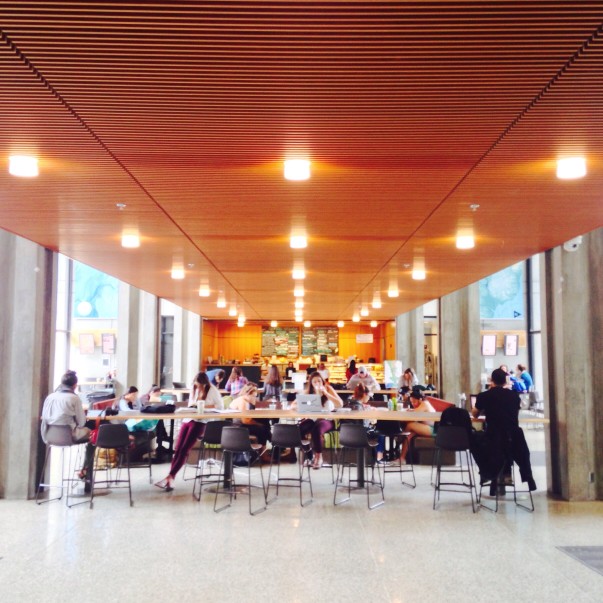The Supreme Court’s recent ruling allowing states to grant same-sex couples marriage certificates made me consider the impact of a market mindset on marriage. If we treat relationships like a free market, love can become a contract between any willing parties, which any can break if they find another better offer. Our society, including Christians, began treating marriage like this by trivializing divorce long before we became more amenable to same-sex marriage.
We behave this way with, say, cell phones. I have no love for Virgin Mobile. Right now, they give me the best service for the best price, with the features I want. Lots of people treat relationships this way.
Love of any kind, however, and especially for me in marriage, requires not a tit-for-tat contract mentality, but one of sacrifice. In a market, you trade one thing for another. In a marriage, sometimes you trade away things and don’t get much you value in return, especially when you are considering the transaction over the short-term. I think young people feel this way, and that’s why many aren’t marrying.
Like kids. Marriage, to my husband and me, means children. But children are a “labor of love,” which means lots of labor and not quite as many fuzzy feelings. Oh, my kids make me smile, but so does my coffee maker, and without all the added trouble. But I sacrifice my time, peace and quiet, money, and control over my life for these children because it’s the right thing to do, not because the transaction equals out (maybe it will get better if I become old, decrepit and dependent on them, but we don’t know that will happen). Americans are not having babies at the same rates that we used to, and as Jonathan Last suggests, there’s not much we can do about it except instill a “belief in something greater than one’s self.”
Ultimately I don’t blame this degradation of humanity on capitalism. Why? Because capitalism is a system for arranging economics. Economics cannot completely explain or order humanity (as much as many libertarians try to think it can). And as we’ve discussed on the blog before, capitalism can promote morality.
Like the medievals, I believe in spheres of authority and influence for particular areas of the universe. So it isn’t that economics doesn’t influence marriage and family, but that economics does not completely explain it, and is not a sufficient system for arranging it. The same goes with religion. I’ve heard people peddle their outlandish ideas for how Christians get salvation in return for obedience, but this outsider perspective runs contrary to what Christianity actually teaches—that is, we have nothing to offer God, yet through Christ he offers us all mercy.
And that is what love means: Giving when the recipient cannot ever hope to repay you. Perhaps it is not so much capitalism that has destroyed marriage, but a growing and pervasive ignorance of grace.



